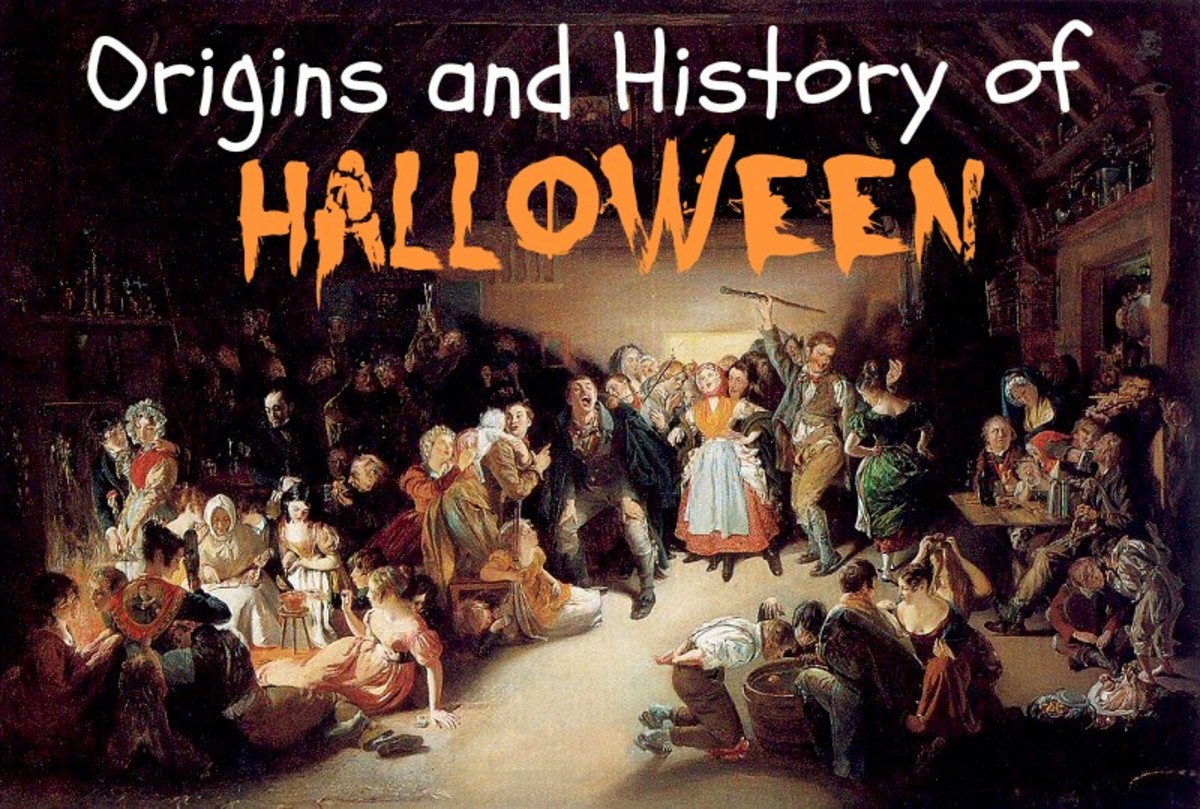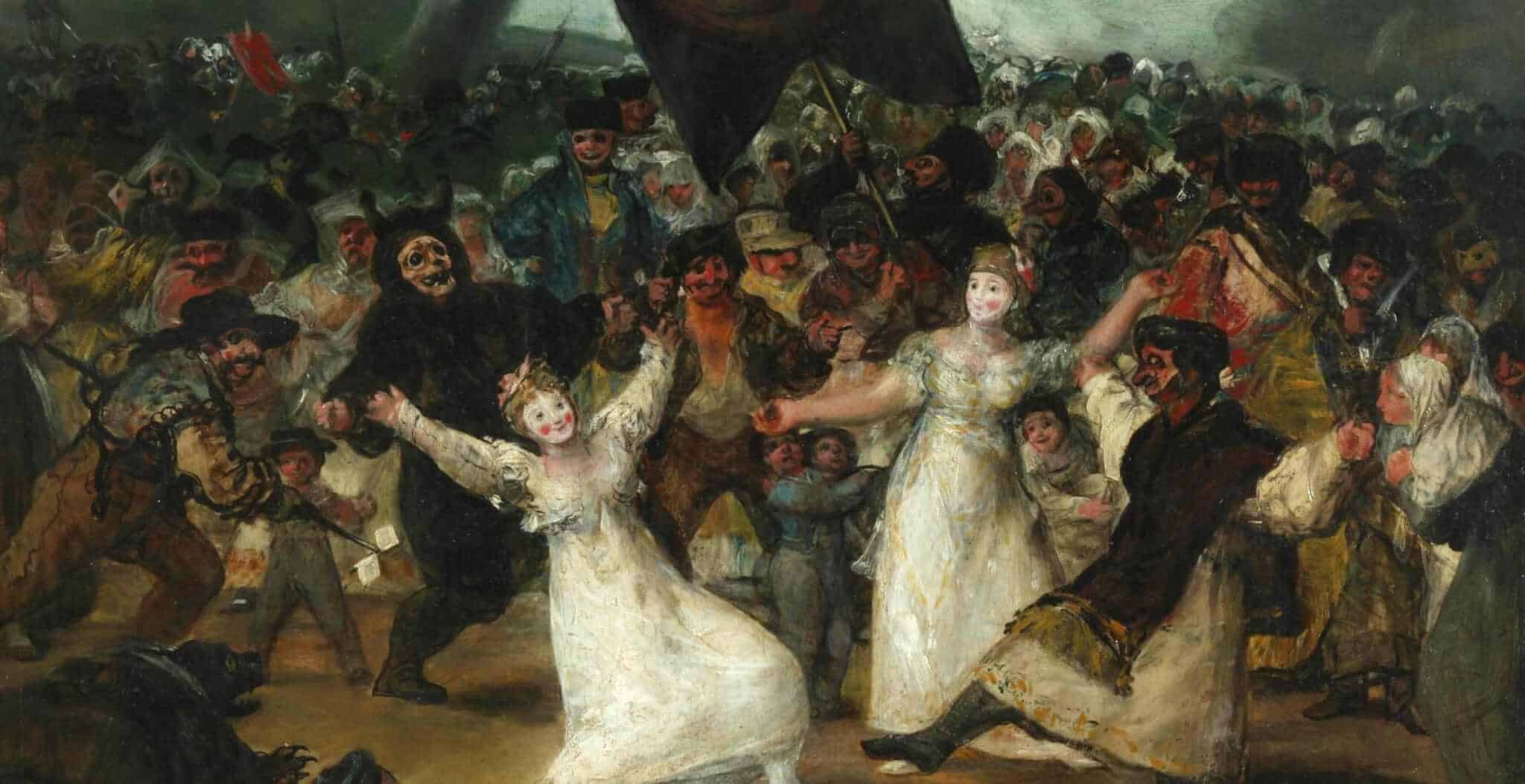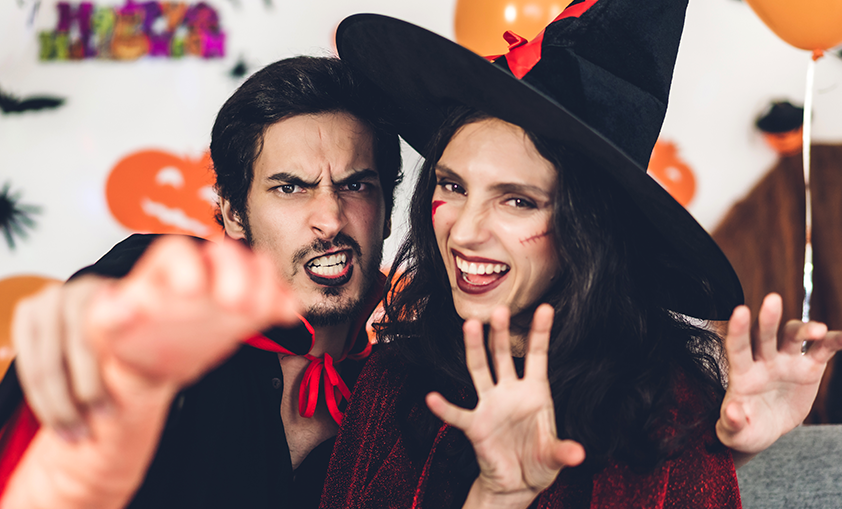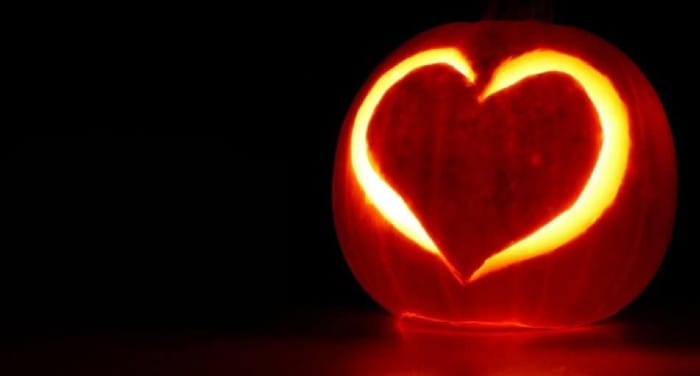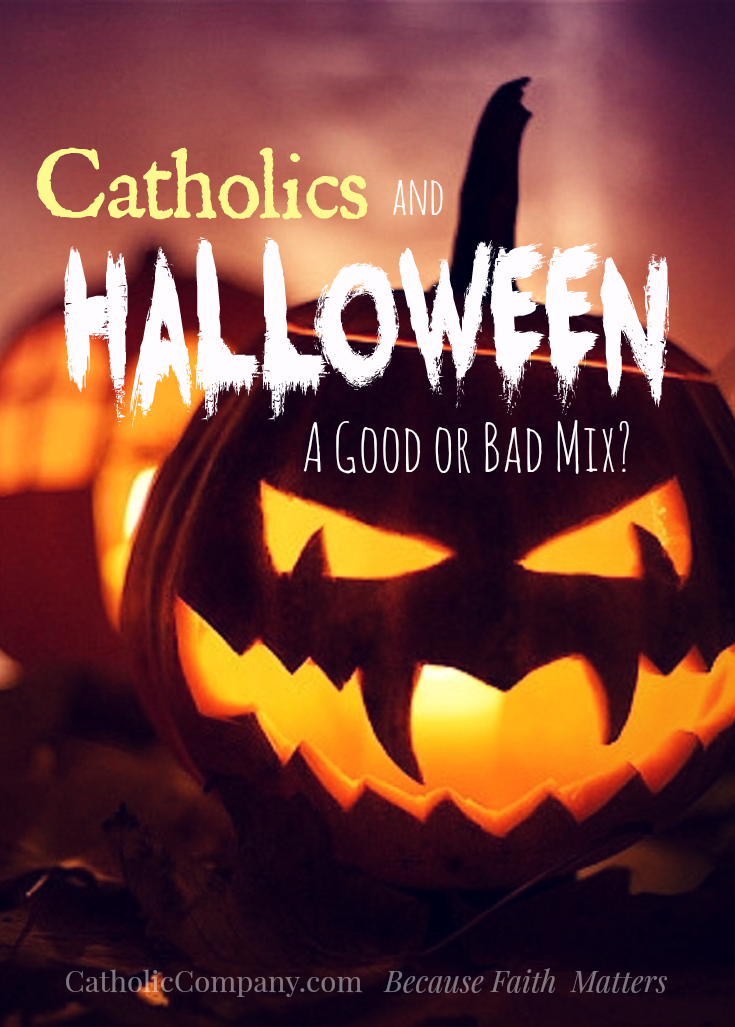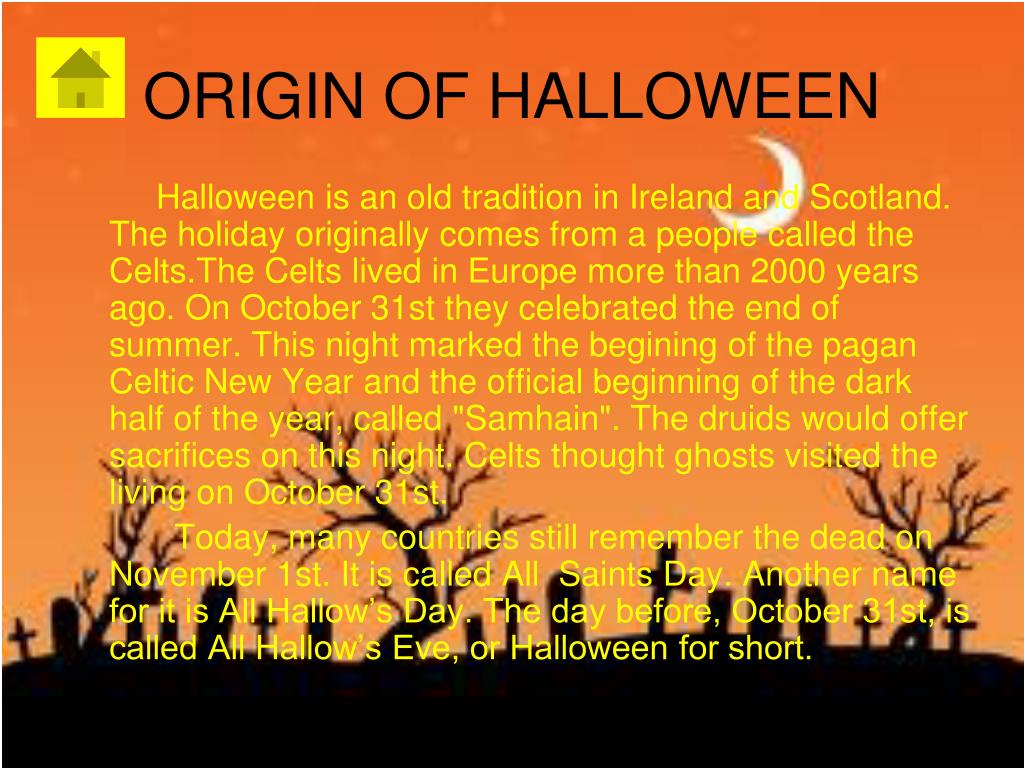origin of halloween catholic halloween sheryl sheinafia
While some people have connected Halloween to earlier pagan celebrations of the new year, Halloween actually has significant Catholic roots. The name itself comes from All Hallow’s Eve – that is, the Vigil of All Saints’ Day, when Catholics remember those who have gone before us to enter our heavenly home. Immediately afterwards, on Halloween's origins can be traced to the Celtic holiday of Samhain, a druidic festival held on October 31. Samhain was the moment when the spiritual world became visible to humans, and the gods The origins of Halloween are, in fact, very Christian and rather American. Halloween falls on October 31 because of a pope, and its observances are the result of medieval Catholic piety. It’s true that the ancient Celts of Ireland and Britain celebrated a minor festival on October 31–as they did on the last day of most other months of the year. Halloween has origins in the Celtic harvest festival of Samhain and the Christian feast of All Saints Day. Learn how Catholics celebrate or avoid this secular holiday and its supernatural symbols. The word “Halloween”—or “Hallowe’en”—comes from All Hallow’s Eve. All Hallows Eve is the vigil celebration of All Saints Day —also known as All Hallows Day. The word “hallow” means “holy.” (In the Our Father we pray, “Hallowed be thy name.”) All Saints Day is a Holy Day of Obligation, and a major feast on the Contrary to popular belief, Halloween is deeply rooted in Catholic tradition. Prof. Wauck further explains, "The date of Halloween and the Feast of All Saints is linked to Rome. In the 8th century, a Pope dedicated a chapel in the Old Basilica of Saint Peter to all the Saints. Consequently, the Feast of All Saints was moved to November 1st to Halloween is another word for “All Hallows’ Eve”—the eve of All Saints’ Day. In the old Church calendar, the Vigil of All Saints was a liturgical event. It had its own Mass, where the priest would vest in penitential purple, the usual color for vigils. He would don white in the evening for the First Vespers of All Saints, which marked Learn how Halloween evolved from a pre-Christian Celtic feast to a Christian celebration of All Saints and All Souls. Discover the traditions, customs and symbols of this ancient and modern holiday. The true origins of Halloween lie with the ancient Celtic tribes who lived in Ireland, Scotland, Wales and Brittany. For the Celts, November 1 marked the beginning of a new year and the coming of winter. The night before the new year, they celebrated the festival of Samhain, Lord of the Dead. During this festival, Celts believed the souls of Is Halloween a pagan holiday? Should Catholics refrain from observing it? In fact Halloween has Christian origins. In 835 Pope Gregory IV moved the commemoration of martyrs (later all Saints Day) from May 13 to November 1. The night before became known as All Hollows Eve or “holy Evening,” and eventually Halloween. (November 2 became All Fr. Steve: The origin and traditional customs associated with Halloween require no other explanation than that they are examples of the kinds of festivity that served as a means of celebrating the various holy days of the Catholic Liturgical Year. This includes everything from masquerades, feasting, and the associations of a given day of the Halloween originated with the ancient Celtic festival of Samhain and is now a worldwide event. Learn more about Halloween's origins, traditions, interesting facts, scary movies and more. Therefore, Halloween can be celebrated, keeping in mind its origins and avoiding wrongs, such as superstition, witchcraft or the glorification of evil. - Advertisement - Superstition is an excess and perversion of religion (see Catechism of the Catholic Church , 2110) from which we must purify the feast we have been explaining. A chief provider and curator of Catholic information on the web since 1996. Our editorial voice, always faithful to the teachings of the Church, assists and inspires Catholic clergy and laity. The celebration of Halloween spread throughout the country during the early 20th century and quickly become a secular community activity that was devoid of its Christian origins. Is it true that the Catholic celebration of Halloween has some pagan roots? Halloween is a Catholic holiday. It does not have origins in paganism, Samhain, Druidic festivals, the occult, or Satanism. This common misconception is relatively new anti-Catholic propaganda, with roots going back to the Protestant Reformation. The day after Halloween, All Saints Day, is a holy day of obligation. Here in the United States, the celebration of Halloween on October 31st includes trick-or-treating on Halloween night, jack o lanterns, and other activities. For more information on Halloween, including its origins, see these various Catholic Answers resources. Halloween's origins can be traced to the ancient Celtic festival of Samhain. Over the centuries, Halloween evolved, taking on Christian influences, European myth and American consumerism. Even though Halloween has Catholic connections, Catholic parents should be careful to not allow their family to celebrate Halloween in a way that is contrary to the faith. Catholics can help reclaim Halloween from the modern demonic, macabre festivities by going back to Halloween’s Catholic roots. Celebrate All Saints’ Day by going to Mass What is the history of Halloween? Annie Otzen / Getty Images. “All Saints’ Day was a feast day on the Catholic calendar,” says Kelly. “November 1 was the day on which you celebrate all
Photos
